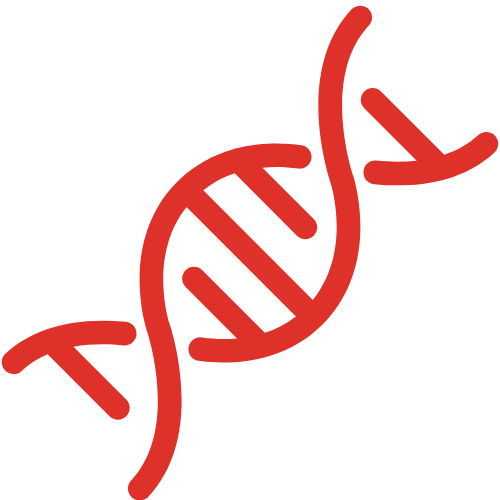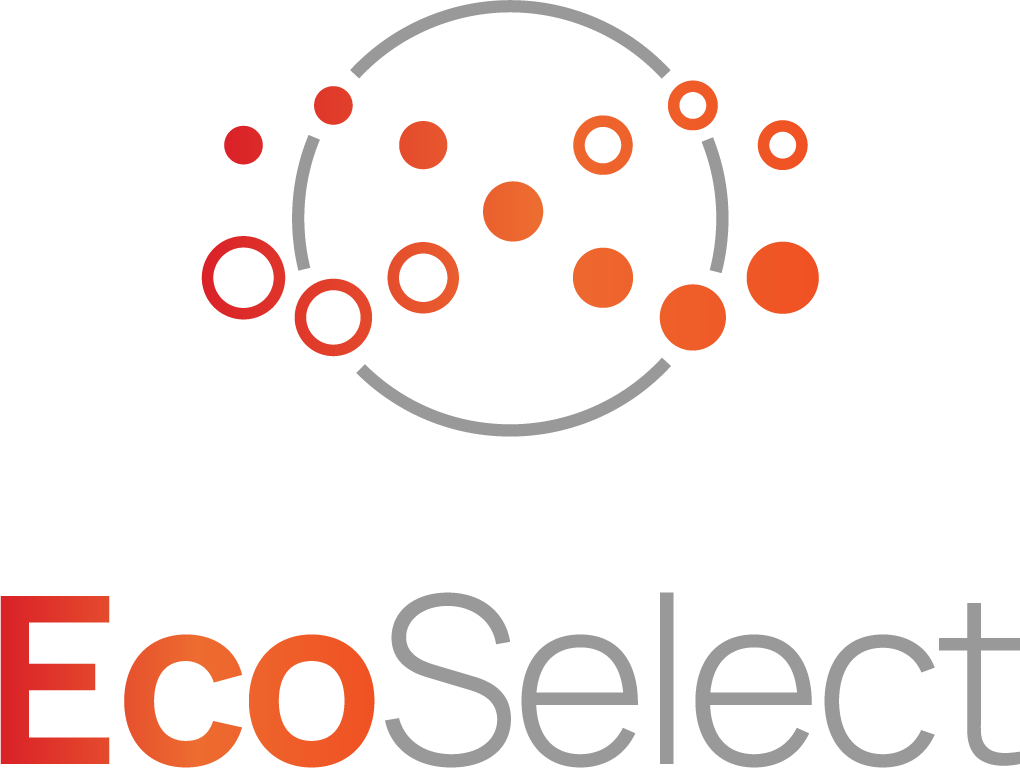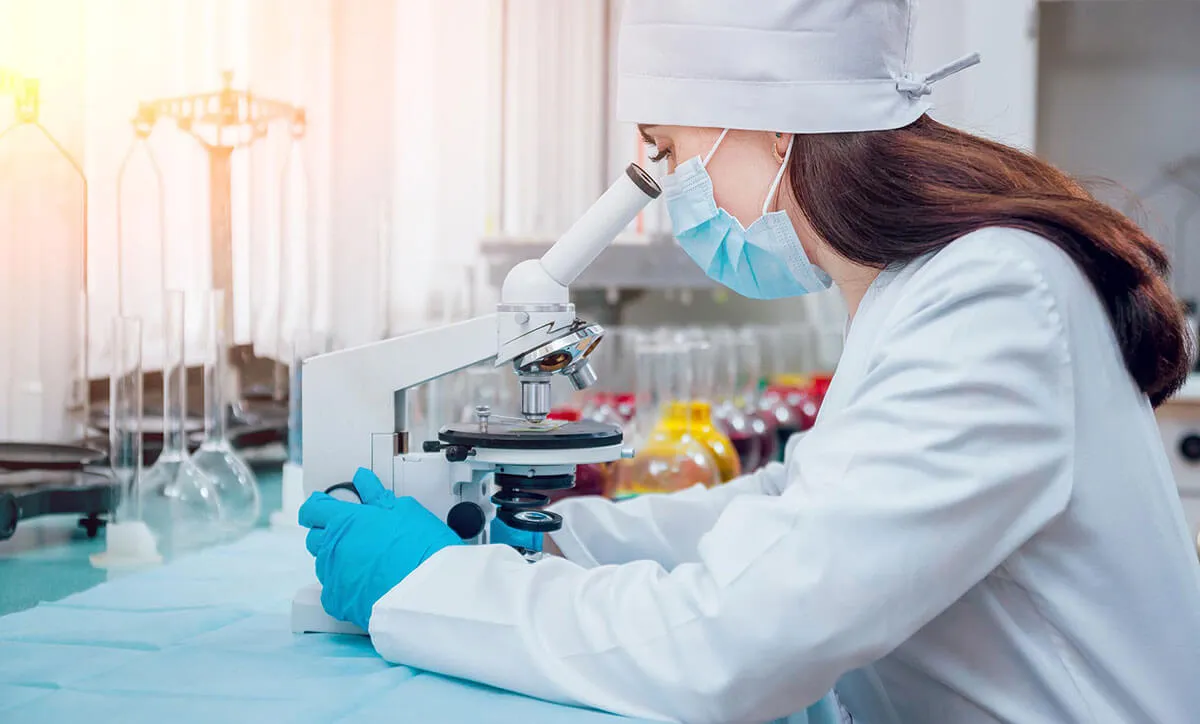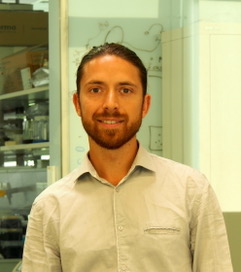A Novel Antibiotic-Free Selection Marker for Modern Biotechnology
Unlock safer, more versatile, and scalable cell engineering—across microalgae, yeast, moss, plant, bacterial, and mammalian cells.

About Us
We are a multidisciplinary group based at the Living Systems Institute and the Biosciences Department at the University of Exeter. Our work bridges fundamental scientific discovery with applied synthetic biology, focusing on innovative solutions using microalgal systems.
Our team combines deep academic expertise and real-world experience across areas such as microalgal genetics, bioinformatics, antibody engineering, intellectual property, and research commercialisation. Together, we are committed to translating scientific breakthroughs into meaningful biotechnological applications.
The Challenge
Selecting engineered cells is a cornerstone of recombinant protein production. Traditionally, this relies on antibiotics or herbicides—methods that face increasing regulatory scrutiny, consumer concern, and limitations in new or sensitive production systems. Other selection markers, such as those based on metabolic pathways, are less common and often require complex strain engineering or present their own constraints.
For emerging platforms—microalgae, moss, plant, yeast, and even some mammalian cells—safe, reliable, and flexible selection systems remain a bottleneck for innovation.
Our Discovery
During fundamental research on marine microalgae, we uncovered the ecological significance of a gene widely spread in the ocean. This gene enables cells to detoxify a mild compound and convert it into nutrients, giving transformed cells a natural growth advantage.
We developed EcoSelect, a novel, antibiotic-free selection marker system inspired by this natural mechanism. Proven in the diatom Phaeodactylum tricornutum, EcoSelect offers a new approach to cell selection—one that is safer, more adaptable, and designed for the next wave of biotechnological applications.
Why EcoSelect?
Our antibiotic-free selection marker addresses these challenges with a safer, more effective system:

Antibiotic- & Herbicide-Free
Avoids regulatory and environmental hurdles; compatible with sensitive applications and consumer-facing products.

Broad Potential
The gene family is widespread in nature, suggesting versions can be adapted for yeast, moss, plant, and mammalian cells, pending host-specific validation.

Supports Advanced Engineering
Supports Advanced Engineering

Cost-Effective & Scalable
Designed with industrial bioproduction in mind.
Industries We Serve
EcoSelect is designed to support innovation across a wide range of biotechnology sectors, including:
Biopharmaceutical Companies
For safer, scalable production of therapeutic proteins, antibodies, and vaccines.
Industrial Biotech Firms
Enhancing strain engineering for enzymes, biofuels, and specialty chemicals
Synthetic Biology Startups
Accelerating the development of novel organisms and genetic circuits.
Academic & Research Institutions
Enabling advanced research in genetic engineering, plant science, and cell biology.
If your work involves recombinant protein production or advanced cell engineering, we’d love to hear from you.
Meet the Team
Dr. Félix Cicéron
Entrepreneurial Lead, LSI, University of Exeter
Expert in microalgae genetics and biochemistry, driving innovation from discovery to application.

Dr. Adam Monier
Principal Investigator, LSI, University of Exeter
Specialist in bioinformatics, algal biology, and gene discovery.

Professor Christopher R. Thornton
Business Advisor, ISCA Diagnostics
Experienced in commercialising biotech solutions and antibody technologies.

Yolanda Hill
Technology Transfer Representative, University of Exeter
Expert in IP strategy, research commercialisation, and startup development.
Contact Us
Interested in harnessing next-generation protein production?
Our breakthrough technology enables recombinant protein expression across a range of host systems, including microalgae, bacteria, and mammalian cells.
Get in touch to explore collaboration opportunities or learn more about our platform.


